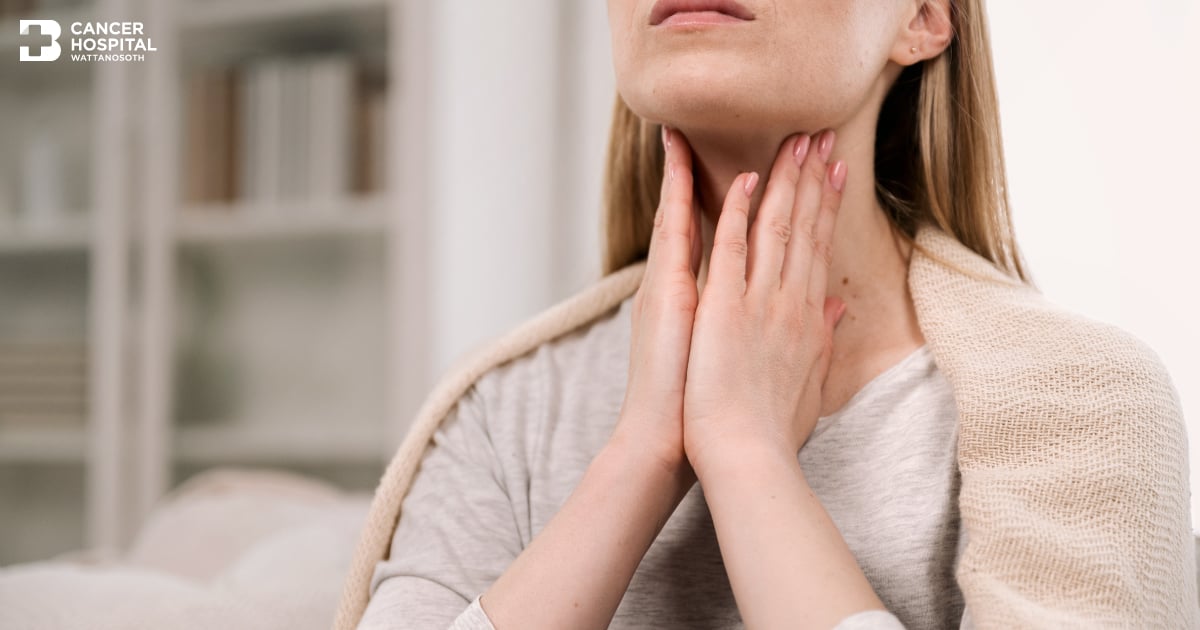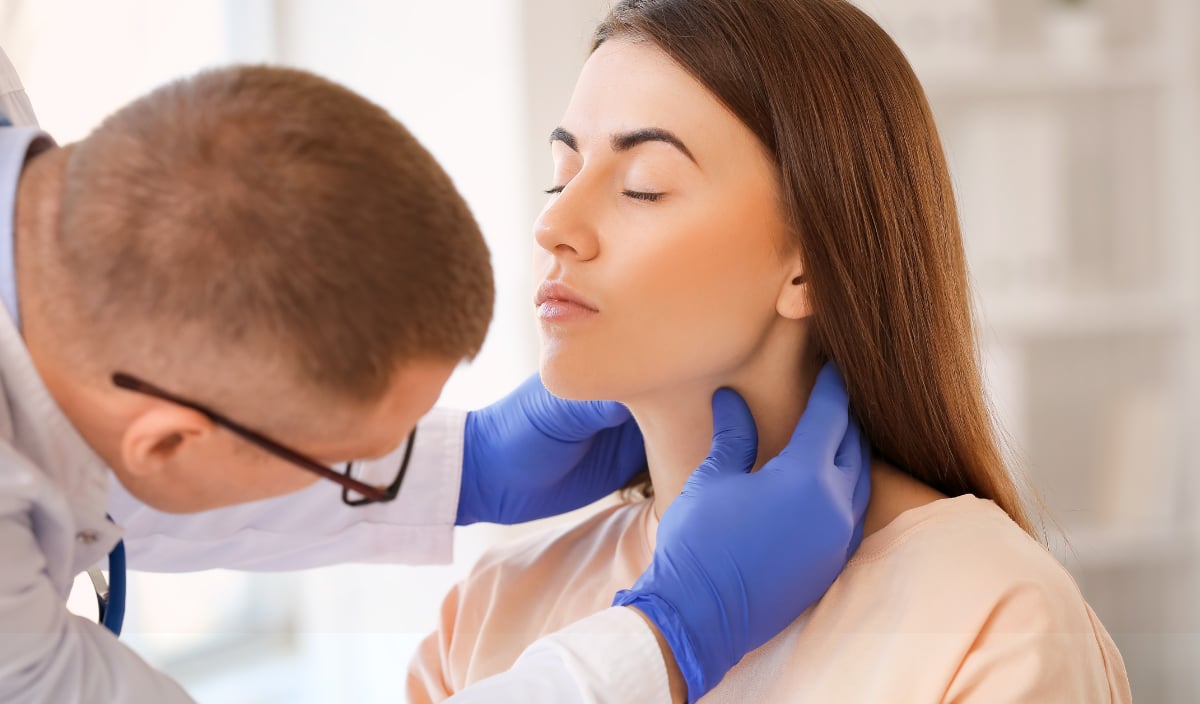
How Risky Is Lymphadenopathy?
Lymphadenopathy, or enlarged lymph nodes, should not be ignored because they may be signs of lymphoma or leukemia. Let us explore how to handle it before it is too late.
Enlarged lymph nodes can be palpable around the armpits, neck, under chin, behind the ears, and groin area, etc. If you feel that any one node is larger than normal, it is best to visit the doctor for an examination as soon as possible.
What Are Lymph Nodes?
Lymph nodes are part of the lymphatic system (or immune system). Their role is to get rid of infections by retaining viruses, bacteria and any other foreign bodies that cause illness. Inside the lymph node lies cells of the immune system, such as B cells, follicular helper T cells (TFH), T cells, dendritic cells, and reticular cells.
What Causes Lymphadenopathy?
Lymphadenopathy is normally found in children, such as enlarged submandibular lymph nodes. Most occur concurrently with sinusitis, sore throat, nasal inflammation, or tonsilitis, or unknown cause. Research has shown that only 16% are cancerous. The mechanism that causes enlarged lymph node is classified as:
- hyperplasia
- infiltration
Conditions That Cause Lymphadenopathy
Conditions that cause enlarged lymph nodes are
- Infection such as viruses (HIV, EBV, CMV, measles or rubella), bacteria (especially Staphylococci, Tuberculosis, and Mycobacterial, Rickettsia), fungi and parasite (Toxoplasmosis).
- Autoimmune diseases such as connective tissue diseases (SLE, rheumatoid arthritis), drug adverse effects (epileptic drug phenytoin), Histiocytosis X, and Castleman disease.
- Glycoprotein-Laden Macrophage (Monocyte) such as lipid storage (Gaucher Disease).
- Cancer such as Non-hodgkin lymphoma or Hodgkin lymphoma), leukemia, metastatic cancer, and others, such as sarcoidosis.
How To Diagnose Lymphadenopathy?
Enlarged lymph nodes can be diagnosed by performing complete blood count (CBC), chest X-ray, and monospot test. Antibiotics can be given if bacterial infection is suspected.

How Large Before Seeking Medical Attention?
- Lymph nodes that are larger than 2 centimeters
- Enlarged supraclavicular lymph nodes or multiple sites
- Lymph nodes that grow quickly or will not go away after one month
- Lymph nodes that feel hard and will not move.
- Prolonged fever
- Night sweats
- Weight loss from unknown cause
How To Treat Lymphadenopathy?
Enlarged lymph nodes can be caused by many factors. Thus, treatment is dependent on diagnosis. Most importantly, if you are unsure of the cause, it is best to seek medical attention immediately for proper diagnosis and treatment.
What You Should Know About Lymphadenopathy
Previously, sexually transmitted diseases, such as syphilis, can cause enlarged lymph nodes in the groin area. However, it is less common in these days and age. Pain in the lymph nodes, which is caused by the capsules around the lymph nodes stretching due to rapidly growing lymph nodes, are usually caused by infection and not cancer. However, the best way is to have a doctor diagnose it properly.
Medical Specialist in Treating Lymphadenopathy and Lymphoma
Dr. Photsawee Khemaphiphat, Hematologist
Hospital Specialized in Cancer
Wattanosoth Cancer Hospital has specialized in cancer treatment for over a decade. A team of oncologists, nurses, multidisciplinary specialists are ready to support patients in every step of the treatment plan so that they can lead a life of quality again.